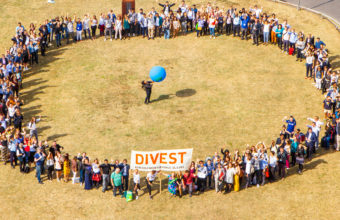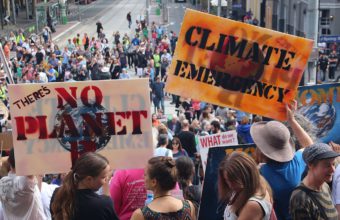Energy productivity
Historically, economic growth has led to an associated growth in carbon emissions. But energy productivity – doing the same or more with less energy – helps to enable the economy to grow at the same time as tackling our greenhouse gas emissions. Our research investigates the links between economic activity and energy use, how improvements in energy efficiency deliver reductions in energy demand, the impact of de-industrialisation on energy use and how investment in carbon-intensive sectors of the economy might be redirected to lower carbon activities.
Projects

Exergy Economics
Exergy Economics is an emerging field that has the potential to throw new light on the relationship between economic growth and energy consumption.

Reorienting investments and divesting from fossil fuel assets
How can the investment community be reoriented away from investments in fossil fuels and towards investment in low carbon options, especially energy efficiency and energy demand measures? This project is researching the challenges of financing a transition to a low-carbon and low-energy demand economy, and the implications for the financial sector, government and civil society.

Energy saving innovations and economy wide rebound effects
This project investigates the impact of energy efficiency improvements throughout the UK economy and along international supply chains, as well as using sophisticated multi-sector macroeconomic models to capture a much wider range of economic effects. This new project on economy-wide rebound effects significantly extends CIED’s work and is led by the Centre for Energy Policy at the University of Strathclyde.









